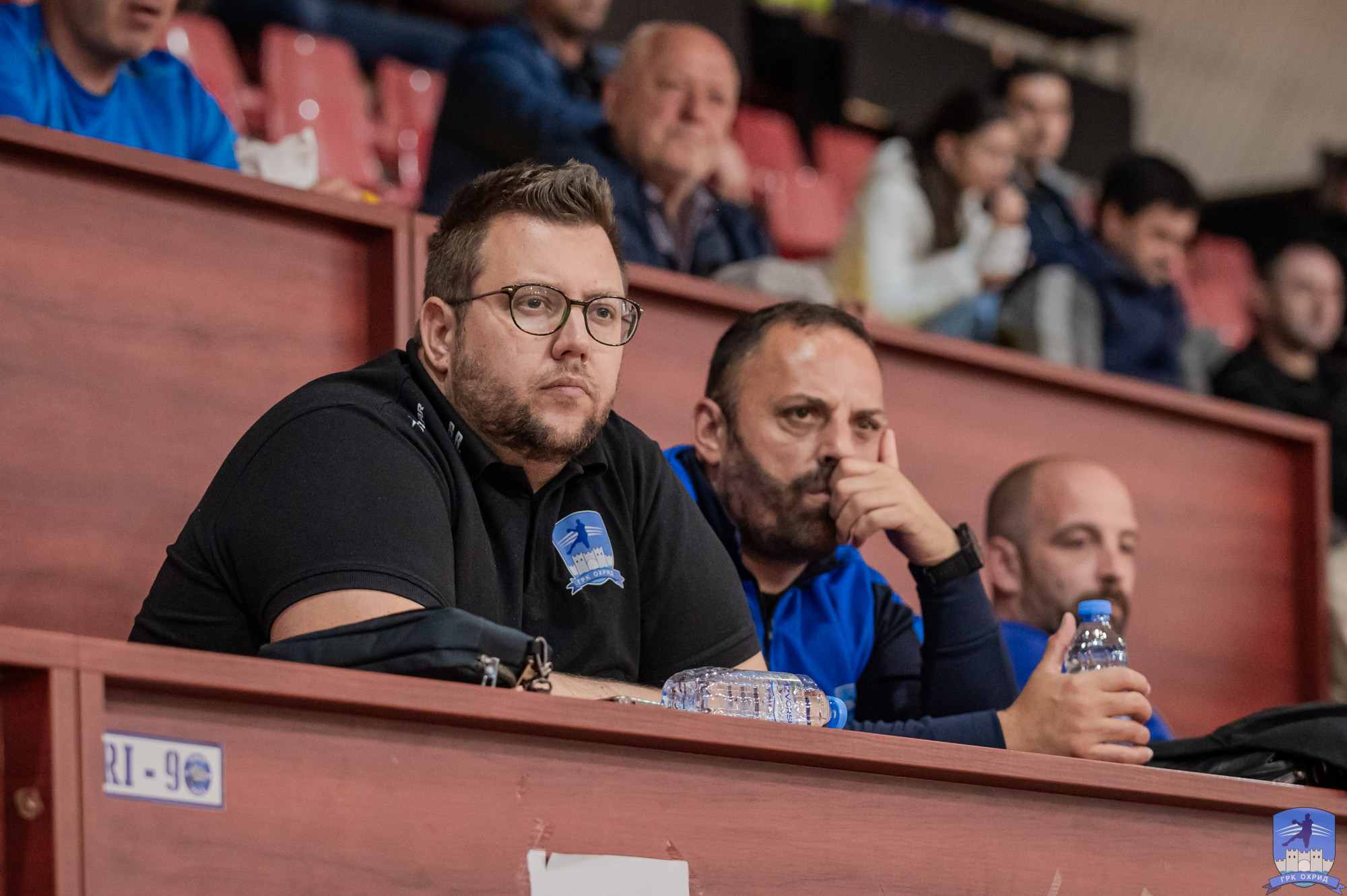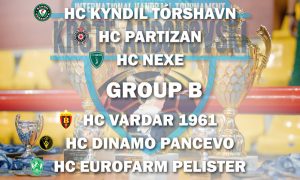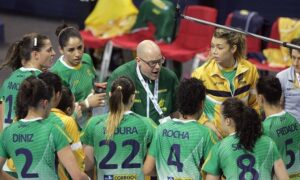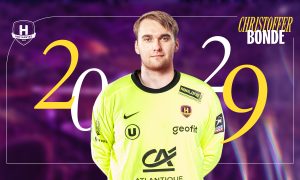GRK Ohrid Invests in Growth: New Faces, Upgraded Facilities, Big Ambitions

A New Era for GRK Ohrid Begins with the Arrival of Serbian Coach Boris Rojević
How did this collaboration come about?
We started discussions as early as November and December to bring in what we consider a big name. In January, we met and presented the full scope of our project, which, in my view, is set to last at least three years. Boris Rojević is a major name—he’s won a lot with Vojvodina and previously coached the Serbian national team. That says enough. We received positive feedback from his former colleagues, both from the coaching staff and players. We’re happy we convinced him to be part of the Ohrid story. He has full support and autonomy in his work, while it’s up to us to manage the budget.
Rojević’s request was to reduce the roster. We currently have 22 players, and we’re narrowing that down to focus more on quality and experience. Predrag Vejin has joined us—a Serbian international, experienced right back, and a great guy. I can’t wait to meet him. Tilen Strmljan is arriving from the Bundesliga. He had excellent seasons with Celje and now two seasons in Germany with Hannover, a team that recently contended for the title. We’re talking about the best league in the world. He’ll be the brain of the team alongside Lovro Jotić, and I believe they’ll form the best playmaker duo in the league.
Ante Ivanković also had good seasons in Celje, followed by two years in Stuttgart. His quality is evident—he’s even made the extended list for the national team, which is no small feat given the fierce competition. Hopefully, his performance in Ohrid will earn him a spot in the national squad. We had a chance to observe pivot Liapis when we played against AEK and Olympiacos. He’s a strong attacker who can also play defense in the 3-4 setup. Rojević also received great feedback about him off the court.
We still plan to sign two more players—a Macedonian right back and a foreign goalkeeper. Đorđievski and Čanevski are already here and we’re satisfied, but we want to raise the level with one more serious foreign name. After Teimuraz’s injury, we might also look for a temporary replacement at left back.
 Did you expect such a successful transfer window? It made waves…
Did you expect such a successful transfer window? It made waves…
Exactly. As a sporting director over these four years, I’ve learned that you have to look for players in January or, at the latest, February. If you don’t act then, you won’t find what you need in June. Once we secured Rojević, we immediately began working on bringing in players. Some initially didn’t believe Rojević was really coming to Ohrid. Once they saw it was true, everything became easier.
Ohrid is a great place to live and the club is stable—it can compare with Vardar and Pelister. Players who’ve been here or are currently here can vouch for that. We’ll have a new court floor in the arena by June, we’ve renovated four locker rooms to meet European standards, added two IHF-standard goals, and are improving step by step. We resolved the heating issue, refurbished club facilities, and created dedicated rooms for video analysis and physiotherapy. We’ve built conditions where everyone can feel like they’re part of a European club.
Many were surprised that Strmljan and Ivanković chose Ohrid, but that’s the result of hard work and stability. It’s not just thanks to the sporting director or the mayor, but also the coach, because players trust in quality work. We’re not putting pressure on Rojević or the players to win immediately. That’s not how we operate. We’re taking it step by step. Nine players are leaving, six are arriving. We’re left with a 13-player core. In such a situation, you can’t expect to win everything starting in September—though of course, we’d love that. We have to be realistic and trust the process.
What’s the ultimate goal?
In three years, we aim to win a trophy—whichever one it may be. You have to understand, handball in Macedonia isn’t what it was in 2015 or 2017. At one point, it was just Vardar and Metalurg—then Metalurg disappeared. Pelister emerged, and then Vardar hit difficulties. Now, alongside those two strong teams, Alkaloid has entered with its own vision and made a big leap. Ohrid is joining that circle. You can’t just sign players and the best coach and expect instant titles. It doesn’t work like that in Macedonia, where the competition is stronger than ever.
In Serbia, you have two top clubs; in Slovenia, the same. Look at Greece—it’s similar. Bosnia and Montenegro each have one strong team. In Croatia, there’s Zagreb and Nexe. That’s why I say Macedonia has the best league in the Balkans, with four strong clubs. I’m convinced of that.
What would satisfy you in the upcoming season?
We hope to beat some of the top teams, especially at home in Biljanini Izvori, and be more competitive in away games. What we couldn’t do this season, we want to change next season. As for European competition, our goal is to still be in the EHF Cup after the winter break.ž – concluded Risteski.














